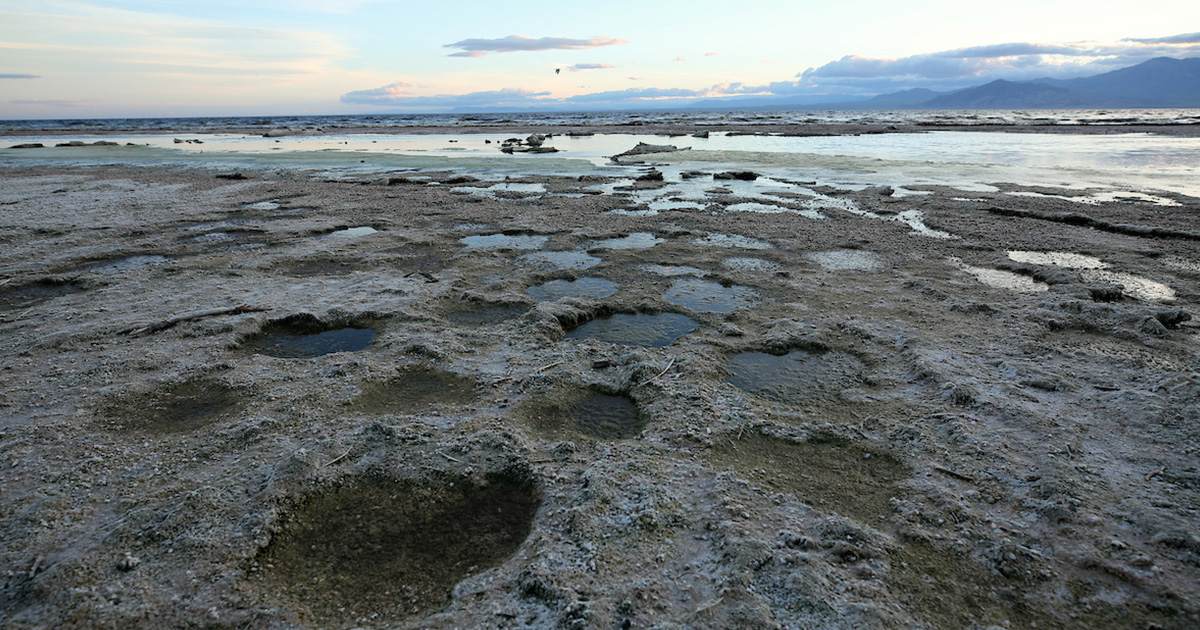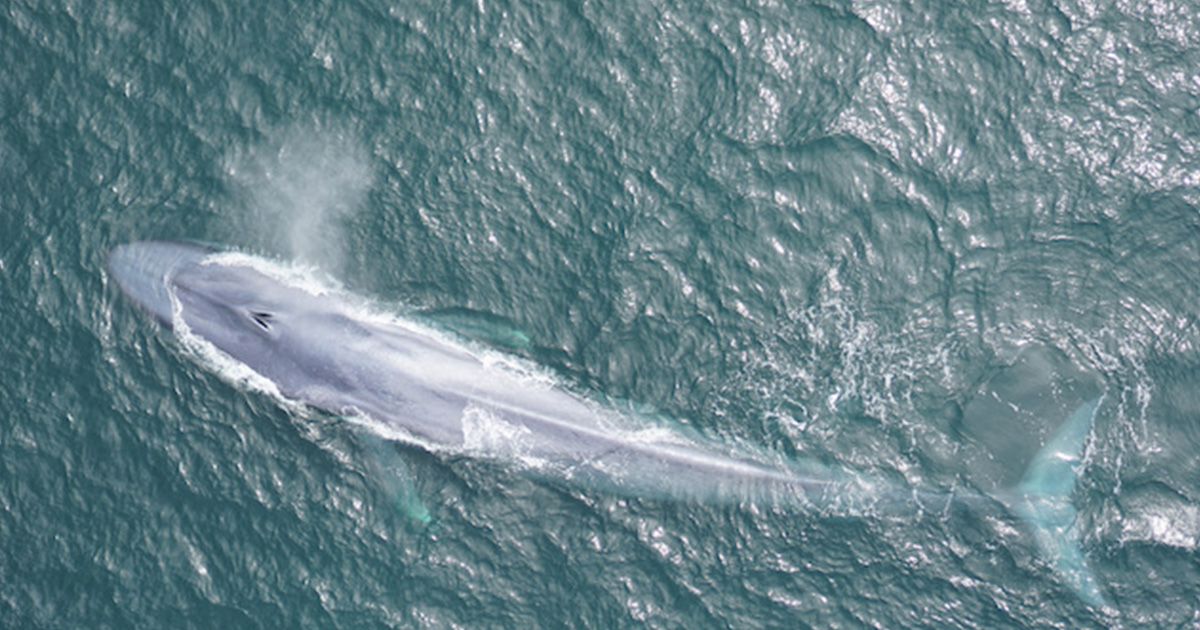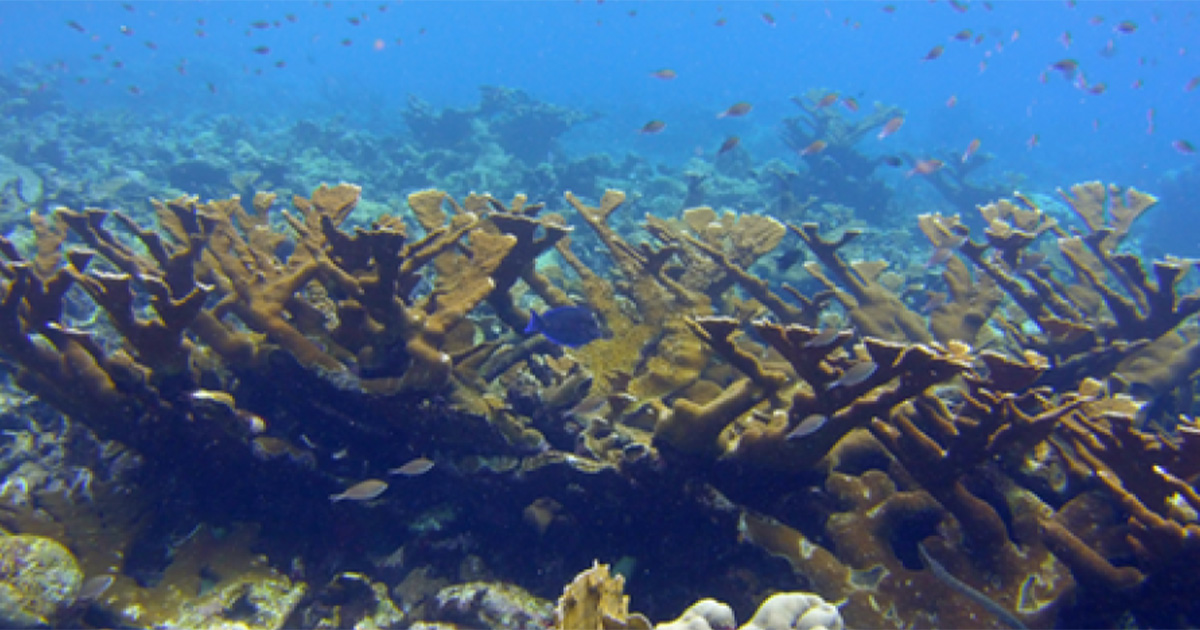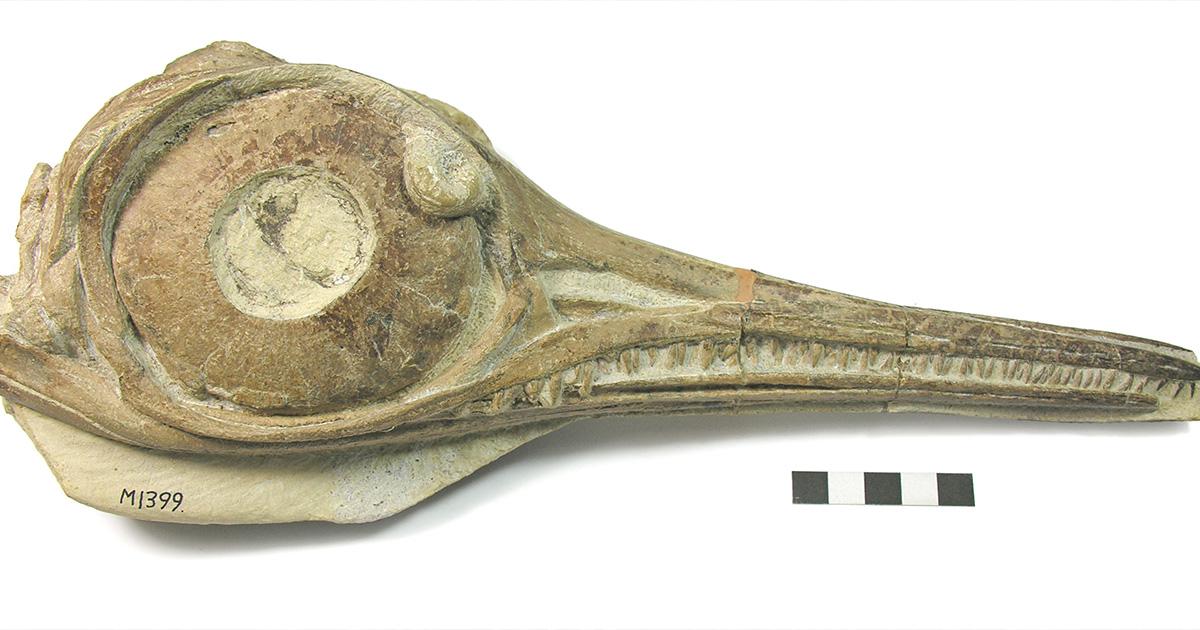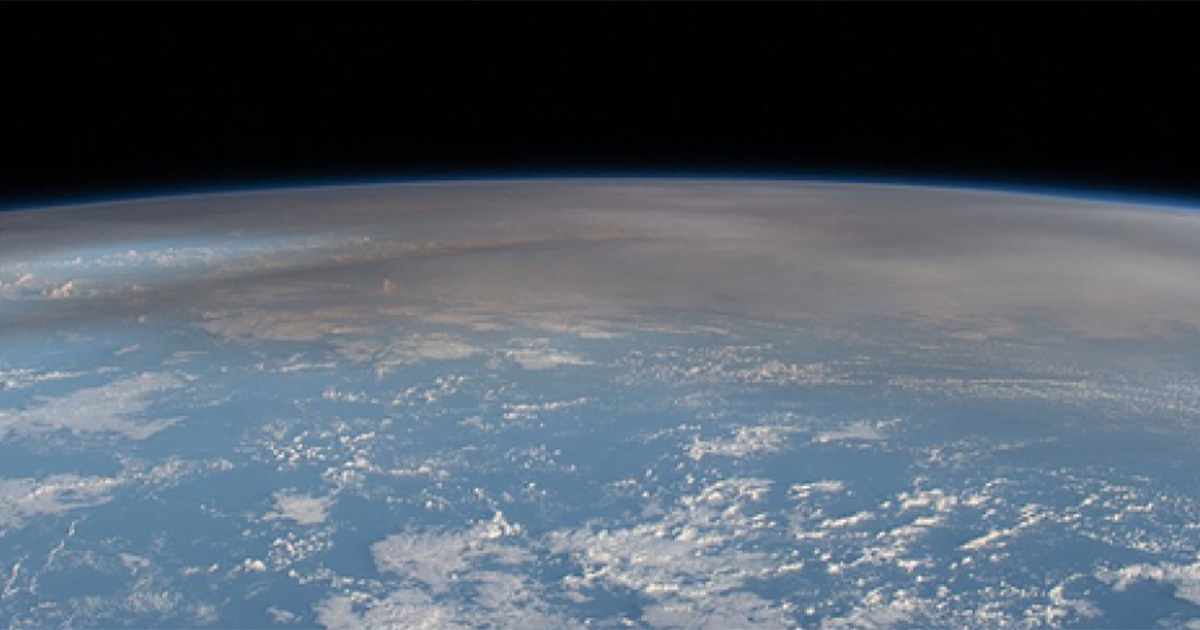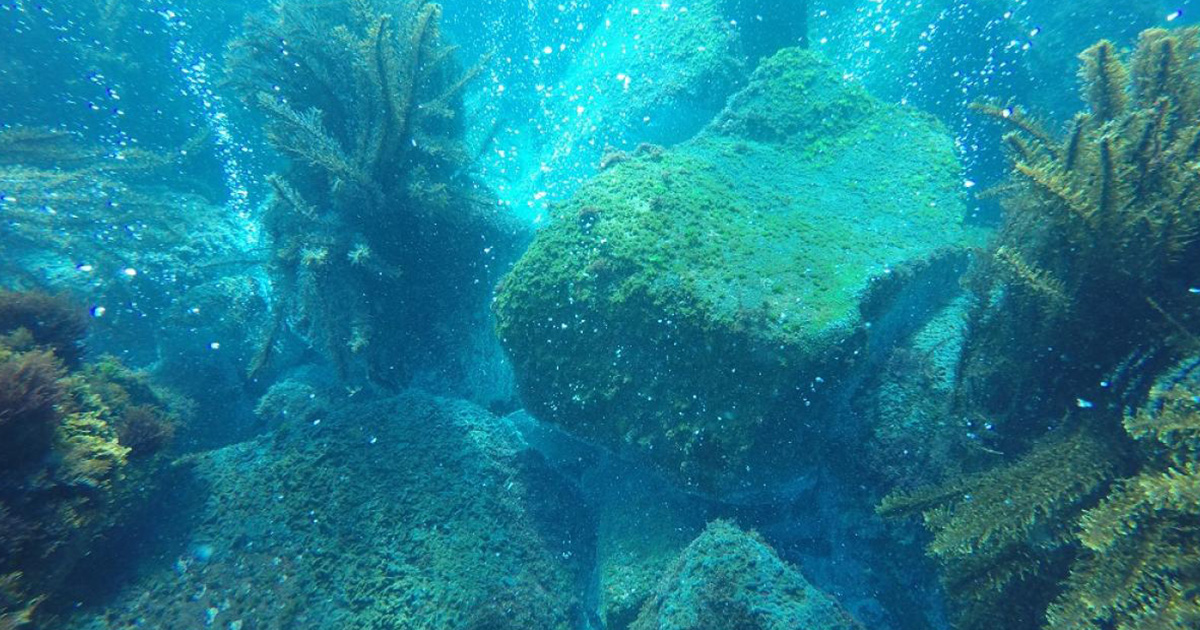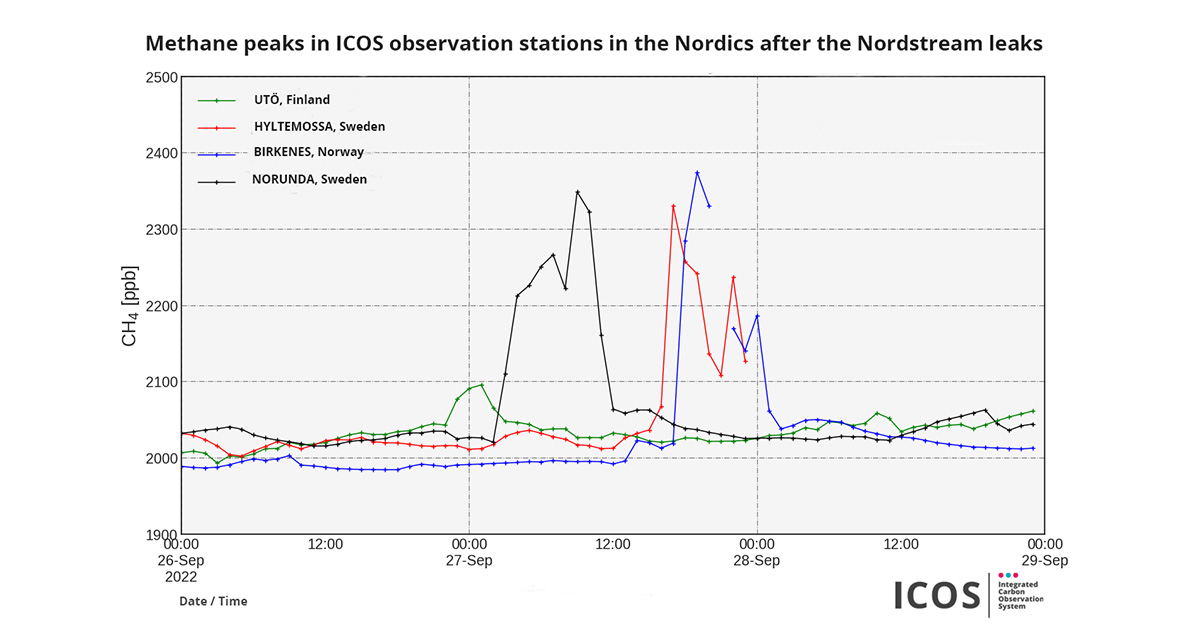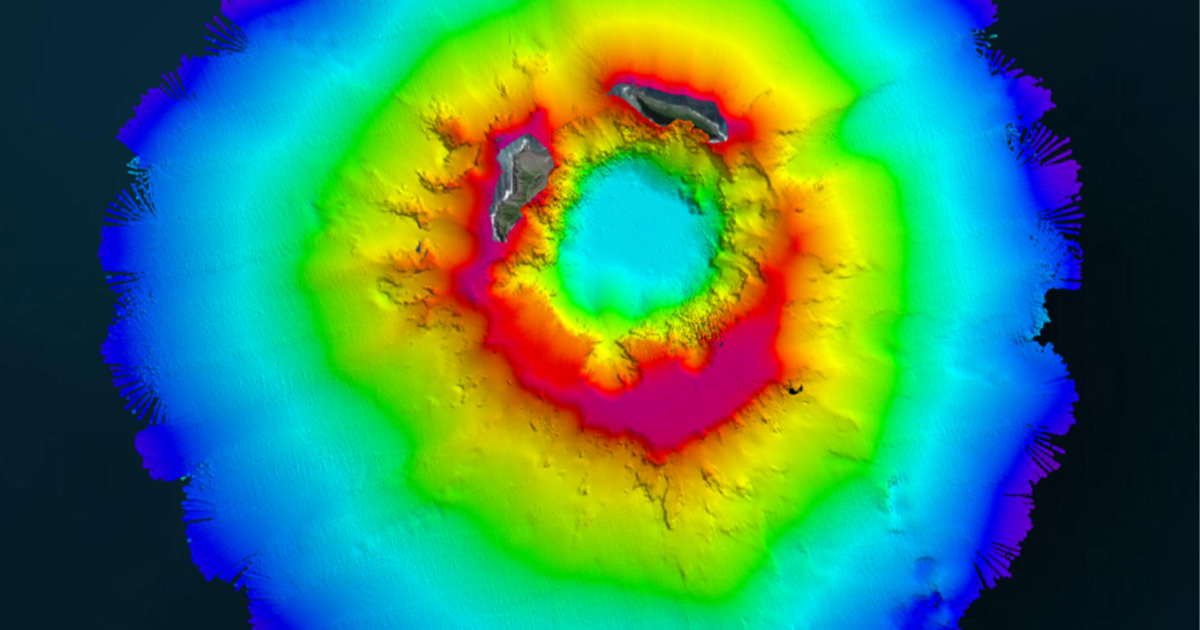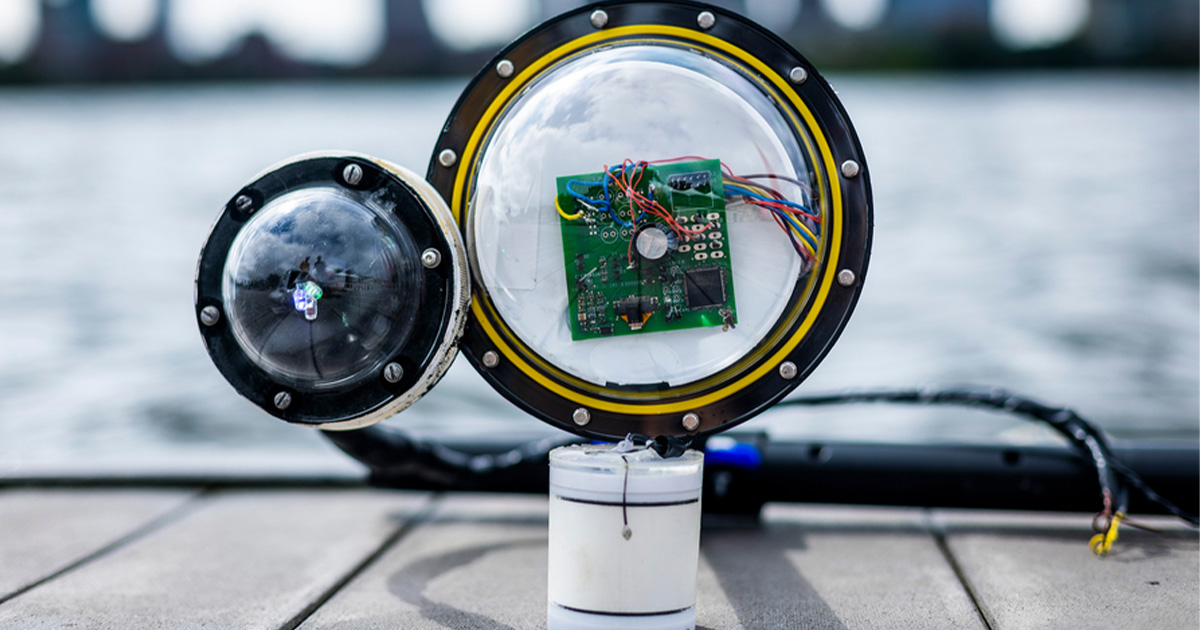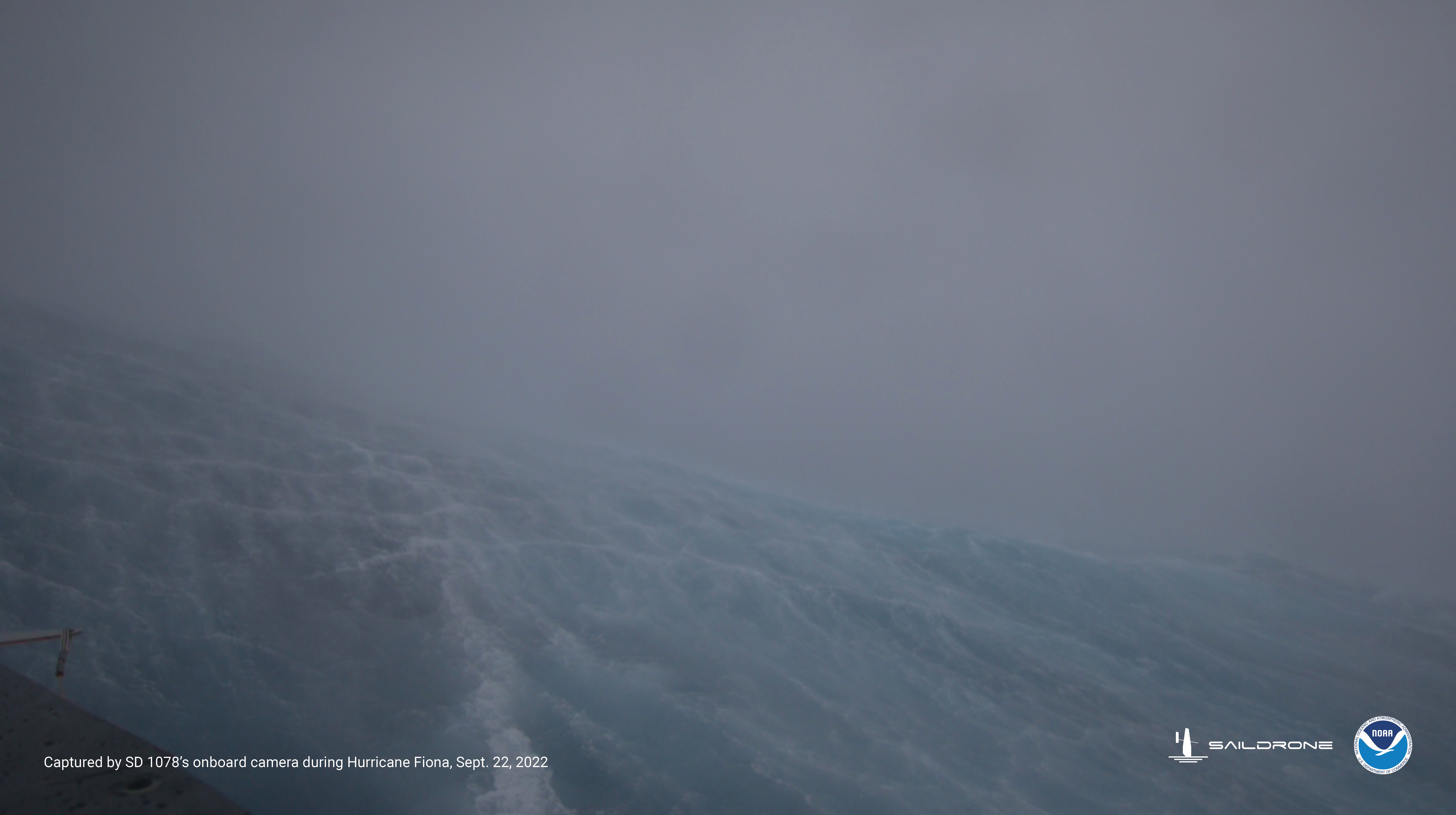As the lake dries up, the concentration of salt and chemicals in the remaining water has increased dramatically, causing a mass die-off of fish and...
A study by MBARI researchers and their collaborators published in Ecology Letters sheds new light on the movements of mysterious, endangered blue...
In a discovery that challenges more than a century of evolutionary conventional wisdom, corals have been shown to pass somatic mutations — changes...
Early Jurassic ichthyosaur juveniles show predatory specialisations, scientists at the University of Bristol have revealed.
In 1883, there was a volcanic eruption so large it killed tens of thousands of people. It expelled so much ash that, for a time, it changed the...
Existing ways of calculating biodiversity dynamics are not very effective in detecting wholesale species community change due to the effects of...
Due to the damage to the Nord Stream gas lines in the Baltic Sea, an enormous amount of methane gas has been released into the atmosphere. The leak...
Teledyne Geospatial is proud to have partnered with Seabed 2030 in the Tonga Eruption Seabed Mapping Project (TESMaP).
Scientists estimate that more than 95 percent of Earth’s oceans have never been observed, which means we have seen less of our planet’s ocean than...
Since ancient times, humans have extracted salts, like table salt, from the ocean. While table salt is the easiest to obtain, seawater is a rich...
- Posted On
Clarifying the Chaos of Narwhal Behavior
Researchers have used the mathematical equations of chaos theory to analyse the data from long-term monitoring of an electronically tagged narwhal....
For the second year, NOAA and Saildrone are hurricane chasing with uncrewed wind-powered vehicles.

ECO Magazine is a marine science trade publication committed to bringing scientists and professionals the latest ground-breaking research, industry news, and job opportunities from around the world.
Quick Links
Corporate
8502 SW Kansas Ave
Stuart, FL 34997
info@tscpublishing.com
Newsletter Signup
The ECO Newsletter is a weekly email featuring the Top 10 stories of the past seven days, providing readers with a convenient way to stay abreast on the latest ocean science and industry news.


